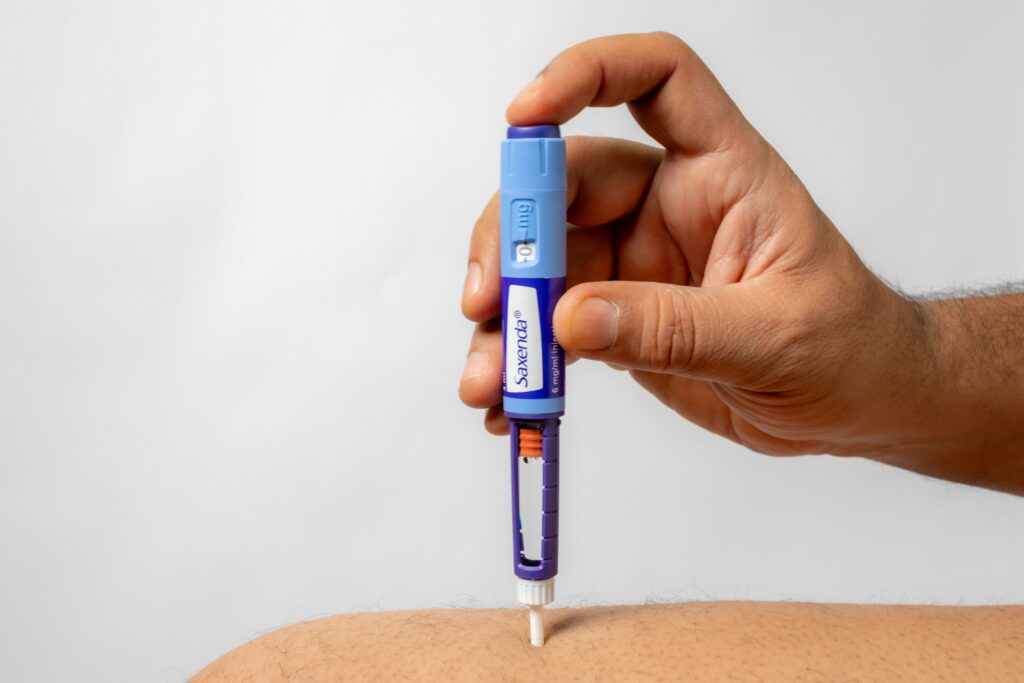In Sweden, liraglutide injections combined with lifestyle therapy helped severely obese children lose weight and reduce food-related conflicts at home. The National Childhood Obesity Centre in Stockholm treated 1,000 children, with a quarter receiving the medication. Nearly one-third of those treated with liraglutide achieved significant weight loss, outperforming groups that only received lifestyle support.
Liraglutide Boosts Weight Loss and Satiety
Dr. Annika Janson, the lead researcher, explained that the injections helped children feel full faster and eat smaller meals. This reduced hunger and made it easier to change eating habits long-term. “For many children, this was the first time they experienced fullness,” Janson said, highlighting the drug’s role in supporting lasting behaviour change.
Calls for Broader Access to GLP-1 Drugs
Janson urged healthcare providers to offer GLP-1 medications such as liraglutide and semaglutide to more children with severe obesity. She emphasized the importance of combining medication with therapy for better results.
UK Trials Smart Scales to Monitor Weight Remotely
In the UK, the National Health Service (NHS) is testing smart scales that automatically send weight data to clinics via a mobile app. Families receive general feedback on weight trends rather than exact numbers, aiming to support without pressure.
Experts Endorse Supportive, Low-Stress Approach
Professor Simon Kenny praised the smart scale system as a “gamechanger” for encouraging healthy habits in children. Tam Fry of the National Obesity Forum welcomed the gentle and non-intrusive method, which avoids stigma and promotes positive change.
